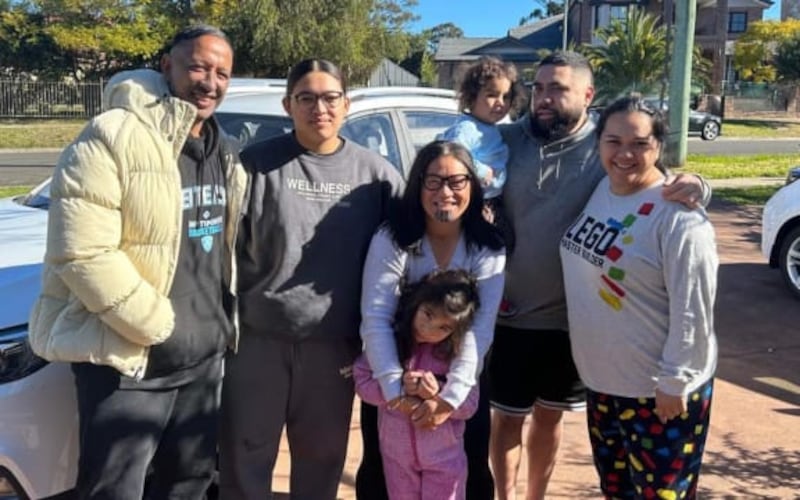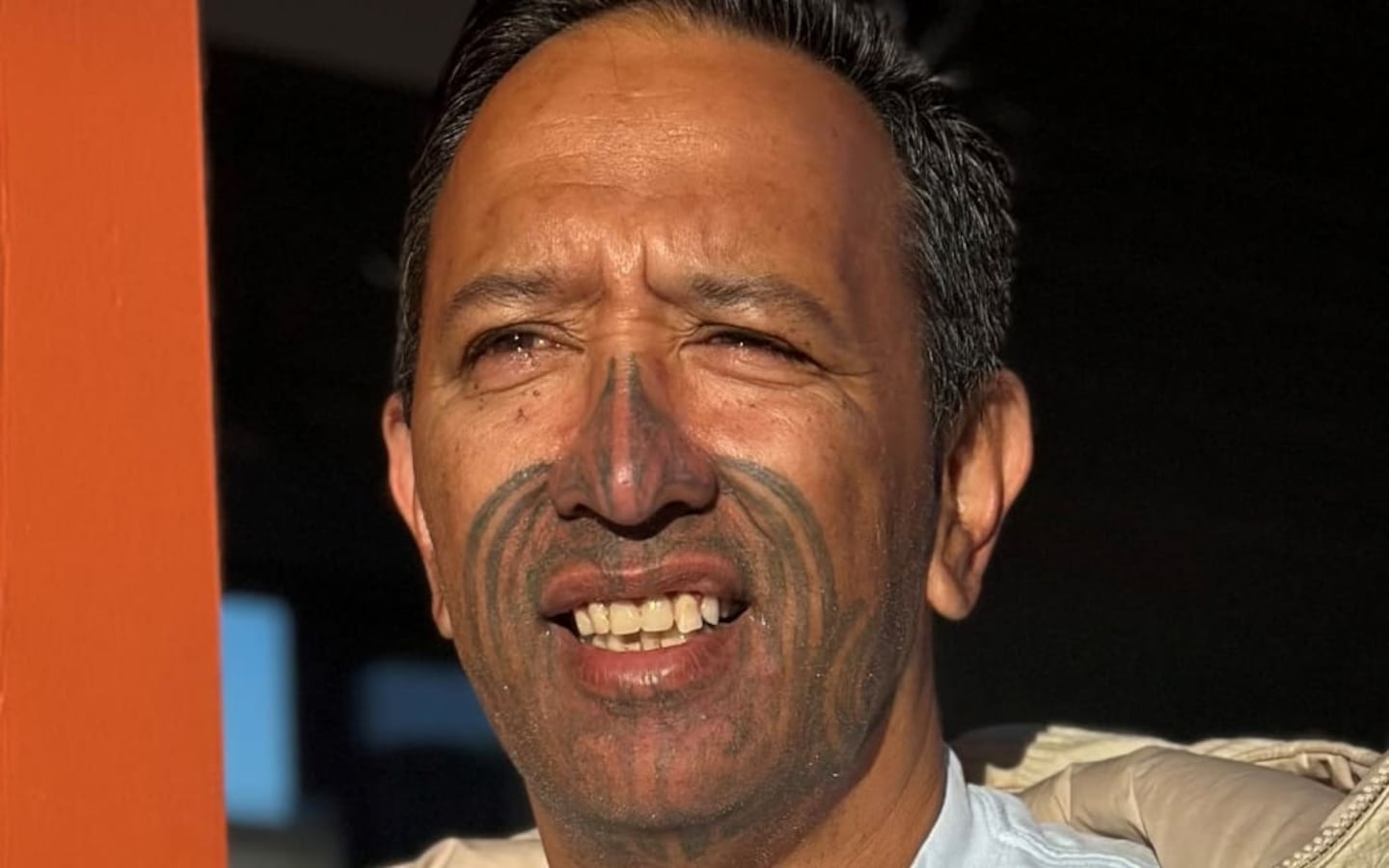Alexia Santamaria discussed Father’s Day - and being, or having, a dad - with several New Zealanders. Wayne Abraham was one of them.
“I’m a father of three and now a grandfather - which is lots of fun. I think the way I parent changed a lot when my own father died which was the start of my journey into immersion into Māori culture and language.
My father was old school - the ‘spare the rod spoil the child type’ - and he would never spare the rod! Although I resented him when I was growing up, I learned to forgive and understand and love him dearly later in life. We always had a sense of his expectations and discipline, and as a father I have those too - just without the rods.
His funeral was a big turning point in my life - six urban boys and a sister at a tangihanga that was conducted all in te reo. All these people came to acknowledge our father, including the late Labour politician Parekura Horomia - but none of us knew what they were saying.
That was when I decided to immerse myself in our Māori language and culture. I was a youngish father to a 14-year-old girl and seven-year-old boy and then a year later, my wife and I had a girl who was raised in te ao Māori - she had no choice. This desire to reconnect with my culture eventually took me back to the place I call home - Te Araroa - where I was introduced to tertiary education. I could immediately see this was the key to becoming an active contributor to my community.

So from a pretty urban life in Auckland, I’m now a principal at Tumuaki o Tikitiki School in Gisborne. At age 42 I started my first year as an educator in a total immersion unit in Grey Lynn in Auckland, but have since gone back to the coast. I’m a grandfather now too - that’s definitely softened my once-calloused core. I still have expectations like my dad, but with my moko there are times when there is little or no discipline!
While I’m lucky to get to be a father and grandfather - and to help guide and influence kids who have been in my classroom, there really are very few to no men in our schools and that can be sad, as many boys miss out on having a male figure, especially when they have no active father in their own lives. I now really understand the role that I can play - not only to positively influence my own family but also the other whānau that come into my care through the school.”
Alexia Santamaria’s original article can be read here.


